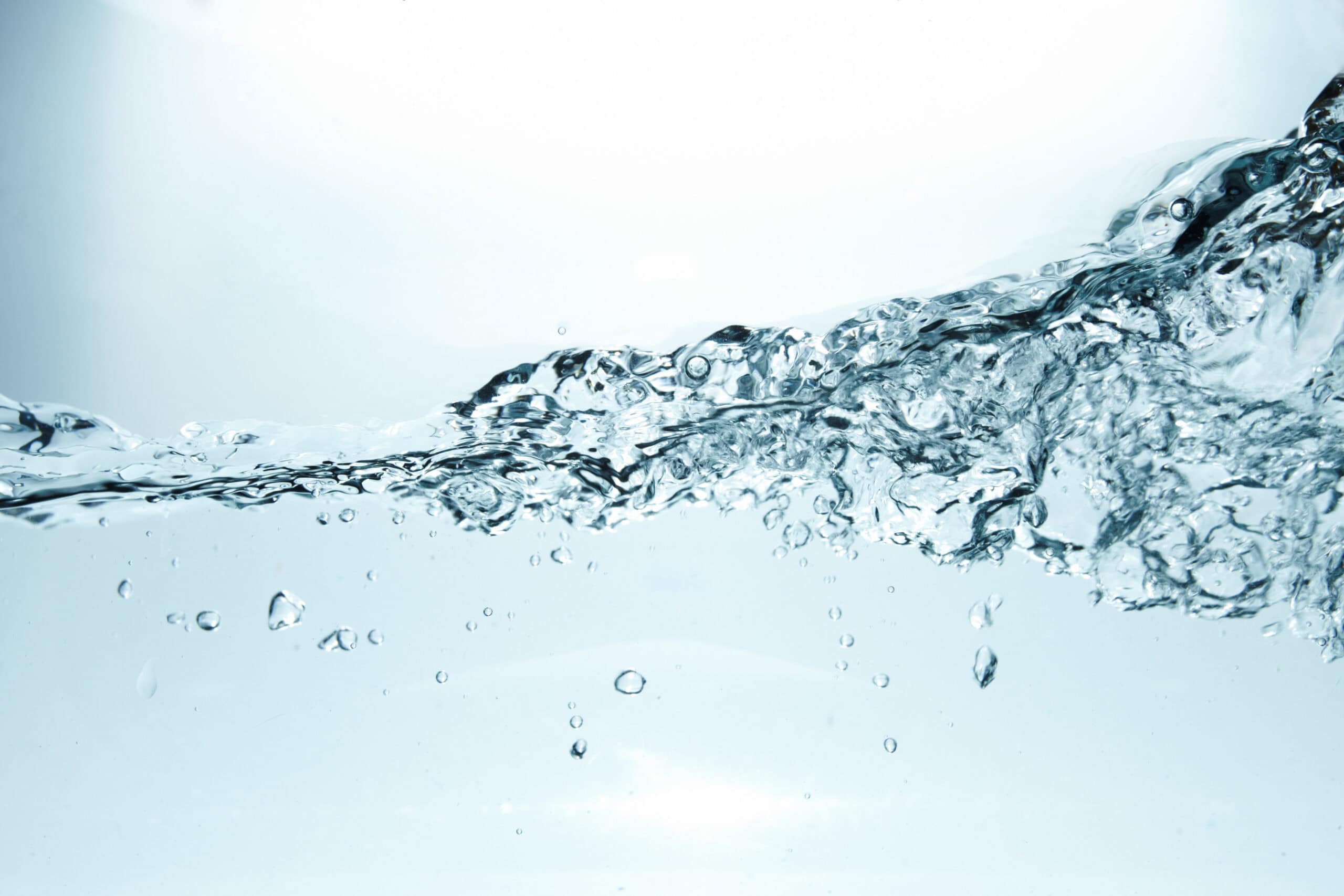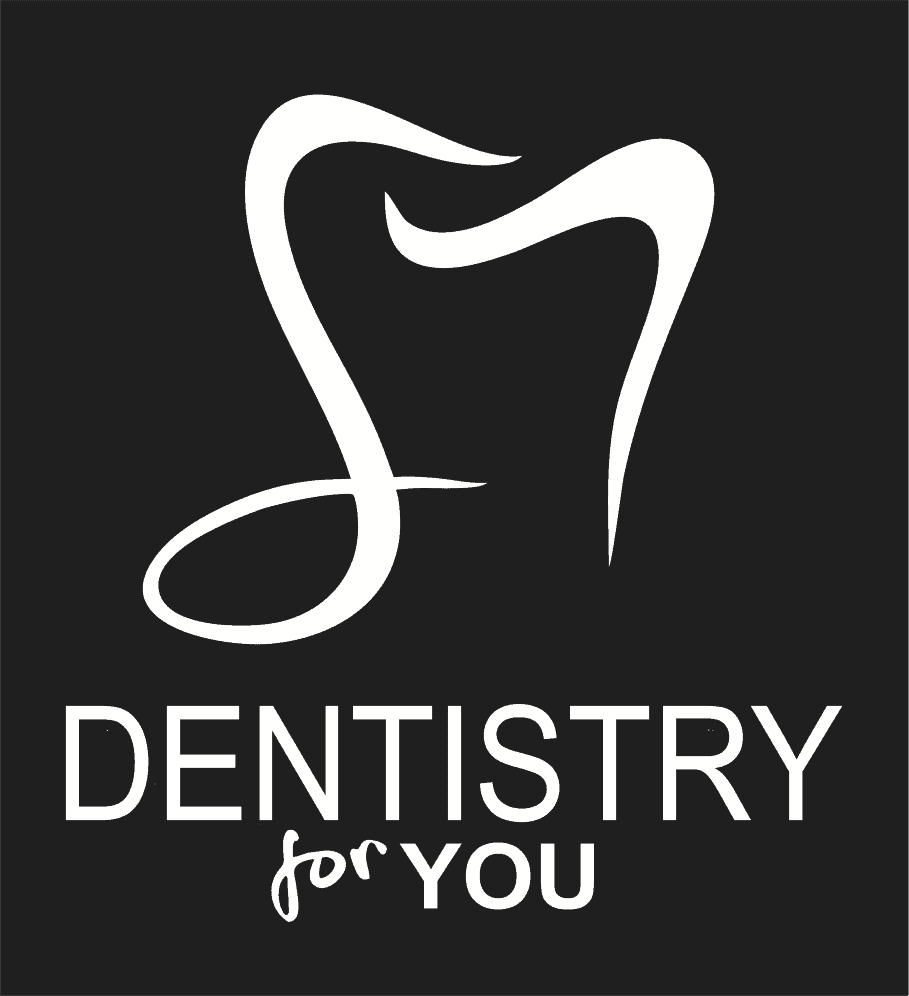
06 Jun The Importance of Hydration for Oral Health
The Importance of Hydration for Oral Health
Hydration is crucial for overall health, but its impact on oral health is often overlooked. Drinking enough water daily is vital for keeping our mouths healthy and preventing various dental issues. This blog post delves into the importance of hydration for oral health, covering multiple aspects and providing tips to maintain proper hydration.
1. Hydration and Saliva Production
Saliva is essential for maintaining a healthy mouth. It helps wash away food particles and bacteria, neutralizes acids produced by bacteria, and aids in digestion. Proper hydration ensures that your body produces enough saliva. When you’re dehydrated, your saliva production decreases, leading to dry mouth, which can cause bad breath, tooth decay, and gum disease.
2. Prevention of Dry Mouth
Dry mouth, or xerostomia, occurs when there’s not enough saliva in the mouth. This condition can be uncomfortable and lead to difficulties in speaking, chewing, and swallowing. It can also increase the risk of tooth decay and infections. Staying hydrated helps keep your mouth moist, reducing the chances of developing dry mouth and its associated problems.
3. Maintaining Healthy Gums
Hydration is vital for the health of your gums. When your body is well-hydrated, your gums remain moist and resilient. Dry gums can become inflamed and more susceptible to gum disease. Drinking enough water helps keep your gums healthy and reduces the risk of gingivitis and periodontal disease.
4. Reducing Bad Breath
Bad breath, or halitosis, can be caused by a dry mouth. Without enough saliva to wash away food particles and bacteria, they accumulate and produce an unpleasant odor. Drinking plenty of water helps maintain saliva flow, which in turn helps keep your breath fresh by cleansing the mouth and reducing bacteria.
5. Prevention of Tooth Decay
Saliva plays a crucial role in preventing tooth decay. It helps neutralize acids produced by bacteria, which can erode tooth enamel and lead to cavities. When you’re dehydrated, saliva production decreases, and these acids can cause more damage. Staying hydrated helps protect your teeth by ensuring there is enough saliva to combat these harmful acids.
6. Aiding in Digestion
Saliva not only helps in breaking down food but also in swallowing and starting the digestive process. Proper hydration ensures that you produce enough saliva to aid in digestion, which is essential for overall health. A well-functioning digestive system contributes to better oral health by reducing the risk of acid reflux, which can damage tooth enamel.
7. Enhancing Overall Oral Hygiene
Good oral hygiene involves more than just brushing and flossing. Staying hydrated is an essential part of maintaining oral health. Water helps rinse away food particles and bacteria, keeping your mouth clean between brushing sessions. Drinking water regularly can also help reduce the buildup of plaque, which can lead to tooth decay and gum disease.
8. Protecting Tooth Enamel
Tooth enamel is the hard outer surface of your teeth that protects them from decay. Acids from foods, drinks, and bacteria can erode enamel over time. Drinking water helps dilute these acids, providing a protective effect for your enamel. Proper hydration ensures that your teeth remain strong and less susceptible to damage.
9. Promoting Healthy Mucous Membranes
The mucous membranes in your mouth play a vital role in maintaining oral health. They help keep your mouth moist and protect against infections. Staying hydrated ensures that these membranes function properly, providing a barrier against harmful bacteria and viruses.
10. Supporting Overall Health
Good oral health is closely linked to overall health. Conditions such as diabetes, heart disease, and respiratory infections can be affected by oral health. Staying hydrated supports your body’s overall health, which in turn benefits your oral health. A well-hydrated body is better equipped to fight off infections and maintain healthy bodily functions.
11. Reducing the Risk of Oral Infections
Dehydration can lead to a decrease in saliva production, which can make your mouth more susceptible to infections. Saliva has antibacterial properties that help keep the balance of good and bad bacteria in check. Drinking enough water ensures that your mouth stays well-lubricated and reduces the risk of bacterial and fungal infections.
12. Assisting in the Healing Process
If you have any oral wounds, sores, or after dental procedures, staying hydrated is crucial for the healing process. Water helps to keep the tissues in your mouth moist and promotes faster recovery. Proper hydration can also reduce discomfort and the risk of complications during healing.
13. Managing Diabetes and Oral Health
People with diabetes are at a higher risk for oral health problems due to high blood sugar levels. Staying hydrated can help manage blood sugar levels, thereby reducing the risk of developing oral health issues. Hydration helps keep the mouth moist, reducing the risk of infections and promoting better overall oral health for diabetics.
14. Enhancing Oral Comfort
Hydration plays a role in maintaining comfort in your mouth. Dry mouth can cause discomfort, a burning sensation, and difficulty swallowing. Drinking enough water helps keep your mouth moist and comfortable, allowing you to enjoy your food and speak without difficulty.
15. Improving the Efficacy of Oral Products
The effectiveness of oral hygiene products like toothpaste and mouthwash can be enhanced by proper hydration. When your mouth is adequately hydrated, these products can work better, helping to clean your teeth and gums more effectively. Water helps distribute these products evenly in your mouth, ensuring maximum benefits.
16. Assisting in Weight Management
Proper hydration can also aid in weight management, which indirectly benefits oral health. Drinking water can help you feel full, reducing the tendency to snack on sugary foods that can lead to tooth decay. Maintaining a healthy weight supports overall health, including oral health.
17. Supporting Healthy Habits
Good hydration supports the development of other healthy habits. When you’re well-hydrated, you’re more likely to have the energy and motivation to maintain good oral hygiene practices, such as brushing and flossing regularly. Hydration can also improve your overall mood and well-being, contributing to a healthier lifestyle.
18. Encouraging the Use of Water as a Primary Beverage
Choosing water over sugary drinks is beneficial for oral health. Sugary drinks can lead to tooth decay and other dental problems. By making water your primary beverage, you reduce the intake of harmful sugars and acids, protecting your teeth and gums. Staying hydrated with water helps maintain a healthy mouth and prevents dental issues.
19. Benefits for Athletes and Active Individuals
Athletes and active individuals need to pay extra attention to hydration. Physical activity increases the risk of dehydration, which can affect oral health. Drinking enough water before, during, and after exercise helps maintain saliva production and keeps the mouth healthy. Proper hydration supports performance and recovery, benefiting overall health and oral health.
20. Addressing Hydration Needs for Different Age Groups
Hydration needs can vary across different age groups. Children, adults, and the elderly all have unique hydration requirements. Ensuring that each age group drinks enough water is vital for maintaining oral health. For instance, children need adequate hydration for healthy tooth development, while the elderly need it to prevent dry mouth and other age-related dental issues.

Tips for Staying Hydrated
- Drink Water Regularly: Aim to drink at least eight 8-ounce glasses of water a day. Adjust this amount based on your activity level, climate, and individual needs.
- Carry a Water Bottle: Keep a water bottle with you throughout the day to remind yourself to drink water regularly.
- Eat Hydrating Foods: Include fruits and vegetables with high water content, such as cucumbers, oranges, and watermelon, in your diet.
- Limit Caffeine and Alcohol: These beverages can dehydrate you. If you consume them, make sure to drink extra water to compensate.
- Set Reminders: Use phone alarms or apps to remind you to drink water at regular intervals.
Conclusion
Staying hydrated is essential for maintaining optimal oral health. From saliva production to preventing dry mouth and protecting tooth enamel, water plays a critical role in keeping your mouth healthy. By making a conscious effort to drink enough water daily, you can prevent various dental issues and enjoy better overall health. Remember, hydration is a simple yet powerful tool for achieving a healthy, beautiful smile. So, raise a glass of water and toast to your oral health!





Sorry, the comment form is closed at this time.